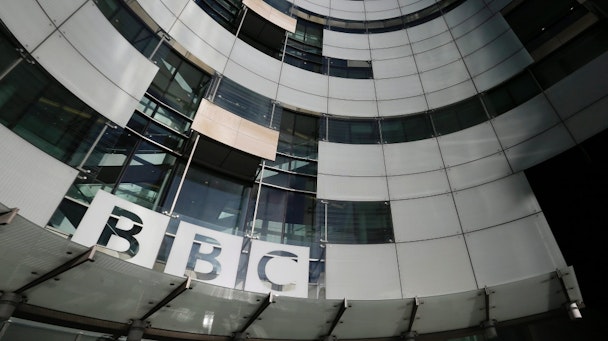The future of the BBC – how the Royal Charter renewal impacts the media industry
The government has outlined its much-anticipated plans for the BBC. Below are the changes that will impact the media industry.

The BBC’s new mission statement
John Whittingdale, culture and media secretary, announced the organisation’s new mission statement as one that should act in the “public interest”, serving all audiences with “impartial, high quality and distinctive content and services” that “inform, educate and entertain”.
It’s a plan the Conservative politician claims will ensure the corporation delivers better quality programmes but limits the impact it has on commercial rivals, such as ITV. This does not mean the government wants the BBC to be popular, but rather it must make programmes are more generalist in order to make better use of the licence fee. To that end, programme commissioners should ask whether new content is “distinctive”, according to Whittingdale.
He added that while 97 per cent of the population every week, just 20 per cent of the 190,000 members of the public surveyed for the Charter renewal believe it is efficient.
For first time BBC will have ability to appoint the majority of the board independent of government. The rest is yet to be confirmed but it will be made of government appointees. Editorial decisions will remain the responsibility of the director general and Whittingdale assured audiences that “the board will have no involvement in editorial decision making”.
Labour politician Maria Eagle argued against government appointees to the BBC board, saying Whittingdale’s assurances, the board will “enhance the independence of the BBC” is wrong.
“I am still worried that government are seeking unduly to influence output and editorial of the BBC or be seen to do so” she said.
Licence fee remains, BBC Trust scrapped in favour of Ofcom
Licence fee remains, BBC Trust scrapped in favour of Ofcom
The BBC will continue to be funded by the licence fee, which Whittingdale said remains the “most appropriate funding model”. However, it will increase in line with inflation, giving the BBC more certainty, Whittingdale claimed as well as the funding levels needed to produce better content. The licence fee concession for over 75s will be protected until the next review.
“The BBC needs a fair accountable and sustainable funding structure,” added the politician.
The Charter Renewal will also close the iplayer loophole, meaning people watching BBC on-demand will need to purchase a TV licence like everyone else. Whittingdale also hinted on BBC content becoming “portable” so licence fee payers can see BBC content abroad. While the licence fee remains the best way of funding the BBC currently, Whittingdale said, it is likely to be less sustainable as it evolves.It’s why he welcomed the exploration of alternative funding structures such as a digital subscription service. This would be a paid-for service for the public to access services beyond what the BBC traditionally offers.
Whittingdale said Ofcom has a “proven track record” and it is the right body to take on the external regulation of the BBC. Ofcom will take charge of regulation distribution framework. Whittingdale said it is a “strong regulator to match a strong BBC”.
Whittingdale admitted that Ofcom will need resourcing to undertake these agreements, so Ofcom will be funded by licence fee just as the BBC Trust has been.
BBC Studios becoming a commercial entity
Whittingdale revealed that independent organisations will be able to tender for all BBC shows as part of the revamped BBC Studios division, meaning that the likes of Top Gear or Doctor Who could eventually be made externally. BBC Studios launched earlier this month as a £400m division that houses its best hits, and is seen as a way to open the organisation up to competition by producing shows for the commercial sector when it becomes privately funded next year. It encompasses all the broadcaster’s output except for news, current affairs and sport.
"The BBC already allows up to 50 per cent of content to be competed for by private sector. Under the new agreement the remaining 50 per cent will now be removed for all BBC content expect news in a phased out process," said Whittingdale.
A more transparent BBC
Whittingdale said the BBC needs to be more accountable, claiming that people want to see it spend its £4bn annual budget more wisely. Consequently, the organisation will have to publish the names of those employees who earn more than £450,000 (which is the current director general’s salary) in “broad bands” under the Charter. This would mean the corporation’s top talent including Chris Evans and Gary Lineker will be forced to reveal how much they earn.
Building a more diverse BBC
Under the new Charter proposals, the BBC will have to better serve black and minority ethnic communities.
“We want the BBC to be the leading broadcaster in addressing diversity issues,” stated Whittingdale. He added that the organisation should be at the forefront of representing diversity both and on and off-screen. This also means more content for underserved regional communities.

